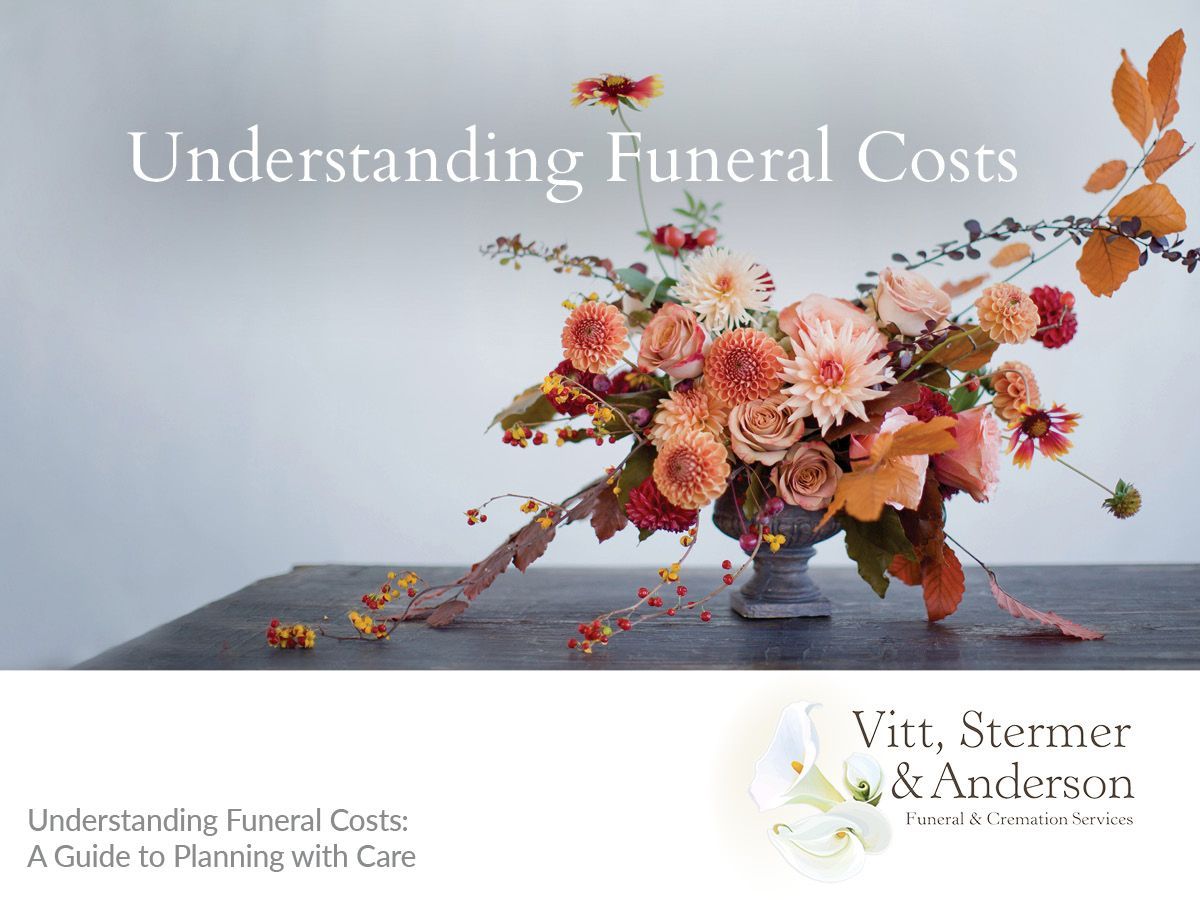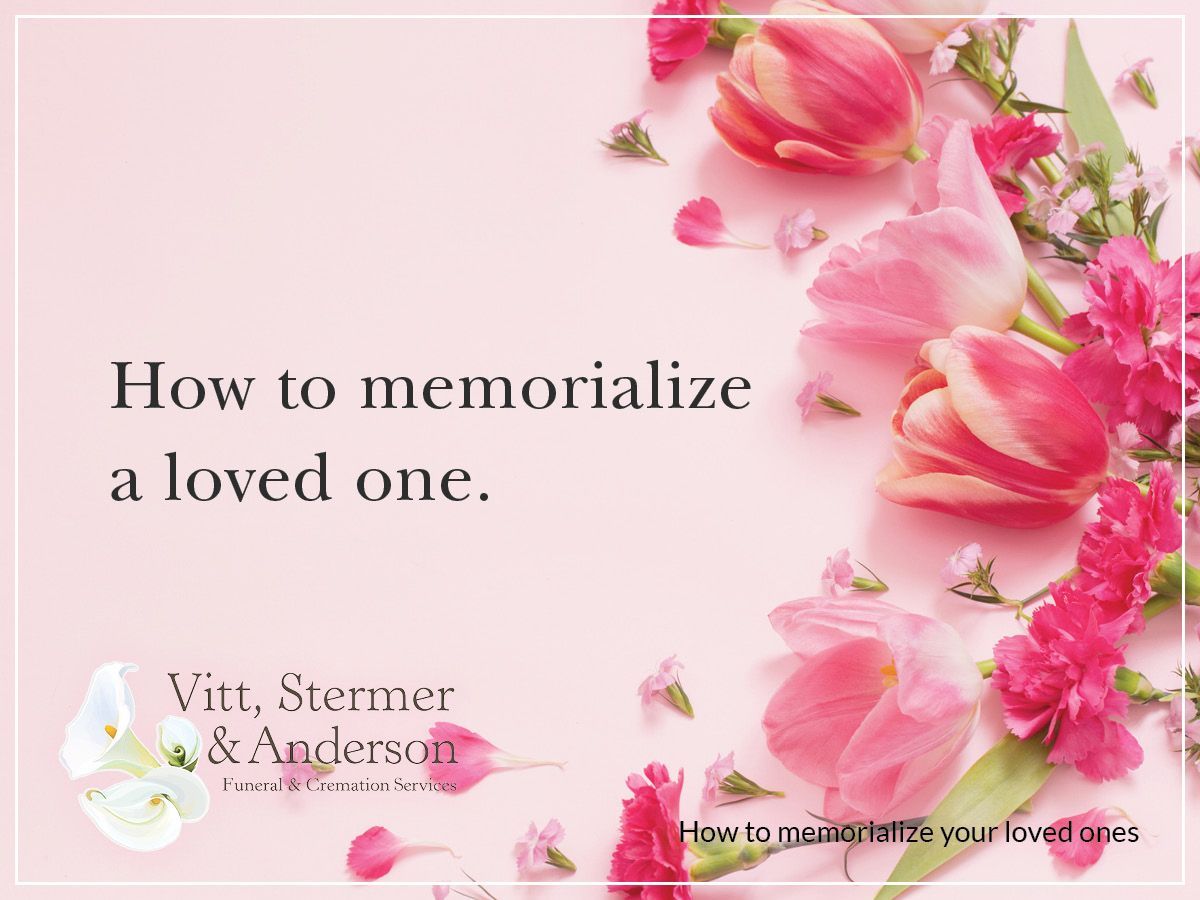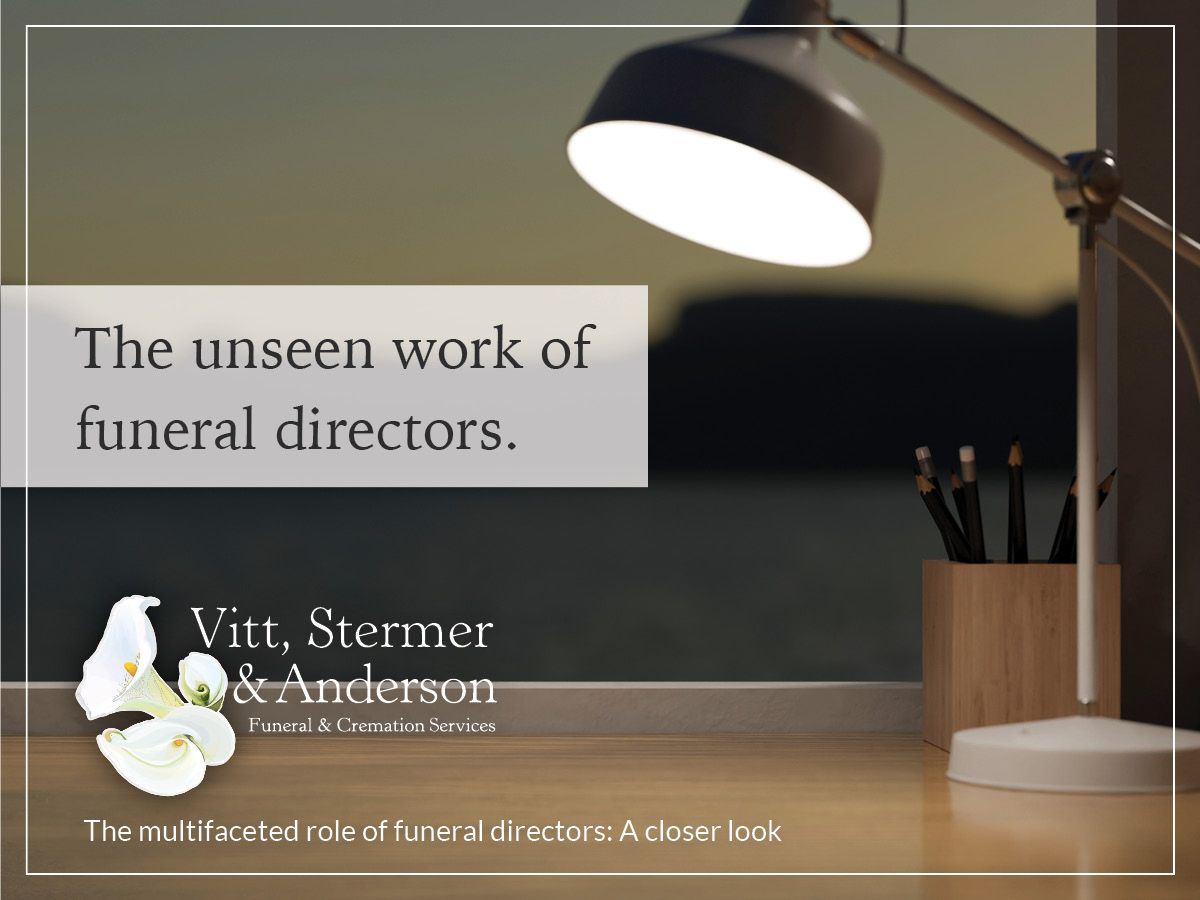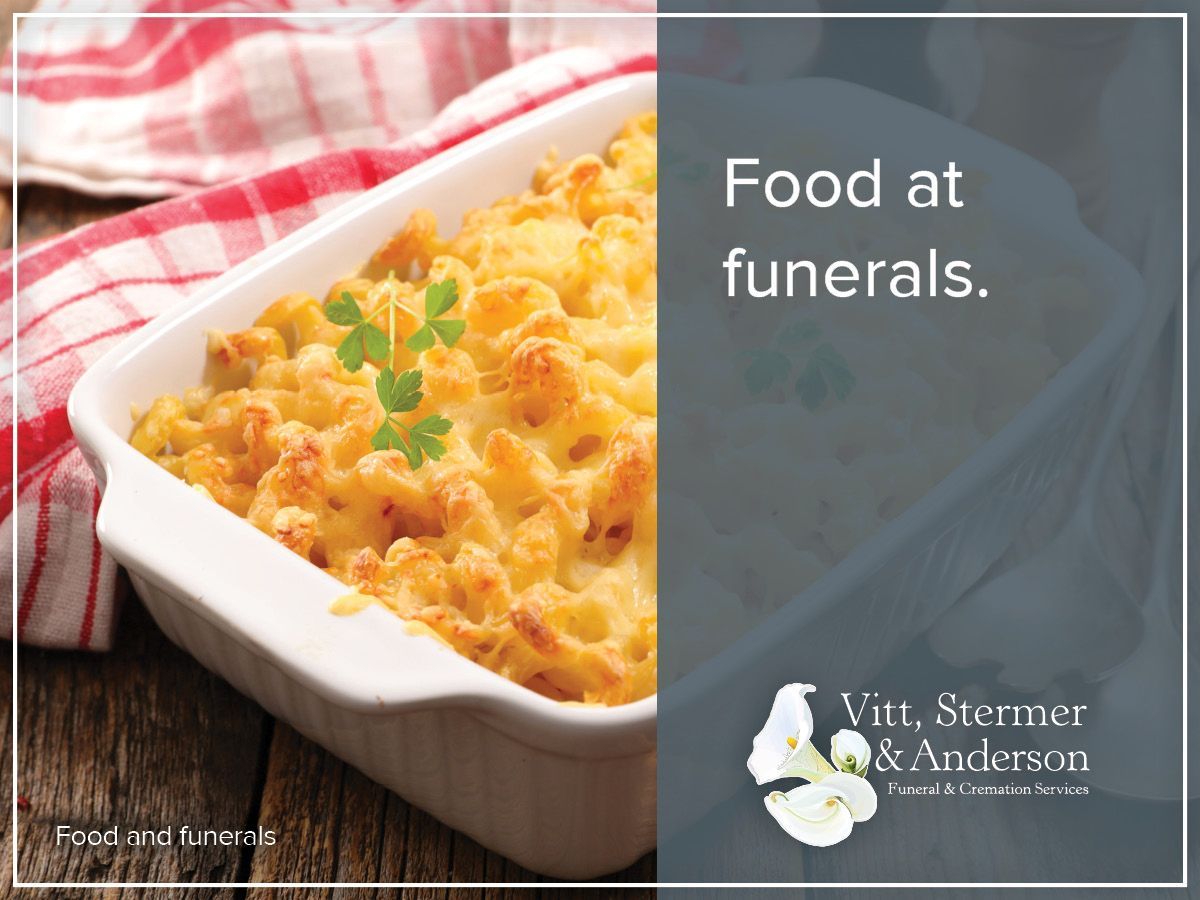When Someone Dies, Someone Else Feels Lonely
The loneliness that accompanies the death of someone we care about is complex and individual. For those who, for many years, woke every morning alongside a husband or wife, it is strange to open your eyes and realize you’re alone. In the early days of grief, the void that is left when a life partner dies can feel like a black hole with no way out.
A grieving person can even feel lonely in a crowd. The loneliness that comes with grief is not just because you are without company—it is because you are not with the person you want to be with. Loneliness is one of the most difficult feelings of grief because it is not a choice. It’s not the same as deciding to be alone or to have quiet time. Unlike solitude, which can be restful and even reenergizing, loneliness saps a person’s energy and feels heavy.
It is important to remember that grieving is work. It is a verb. Griefwork is something we do. Its goal is not to forget the person we loved—it is to weave the loss into a healthy life moving forward. The antidote for loneliness is to engage with people. It may be difficult at first but over time and with consistent effort, the heaviness will lift, and you will emerge. The work is to keep going, keep engaging, and make small efforts.
Return to activities that you enjoyed in the past … reconnect with friends, work, church. Stick with it. It may be difficult to concentrate at first or hard to engage in what might feel frivolous now. But give it a little time and give yourself a little time. Your enthusiasm for an activity you liked in the past is likely to come back with a little time.
Volunteer … doing something that helps others is a wonderful way to step out of your own concerns.
Speak to the people who serve you … Say a few words to the checkout person at the grocery. Thank the waitress. As you drive through the bank or to get your coffee, just say good morning or have a nice day or thank you. Every little connection helps.
Keep a journal … Express your feelings. It will help.
Check your calendar … Be sure you have something scheduled at least once a week that will require you to engage with others. As the song lyrics go … “People who need people are the luckiest people.”
Listen to music … If the silence is deafening, get some background music going.
Eat your elephant one bite at a time … Give yourself a task or three to complete each day. Make a list or write them in your journal. Tick your tasks off as you complete them. That little check mark can be very satisfying and giving yourself a few small things to get done each day can keep you from being overwhelmed.
Ask … Ask a friend out for lunch or to a movie or for a walk. Ask for help with some of your tasks.
Consider grief counseling … Too often we think we only get counseling help when we are at the end of our tether. We wait until we are suffering greatly. Why not acknowledge early on that grieving is going to be difficult and get help sooner rather than later? There really is no need to wait until one hits the bottom of a well to reach for a helping hand. Find someone who specializes in grief counseling. If you don’t know where to find such a person, check with your funeral director. He or she will likely be familiar with services available in your area.












